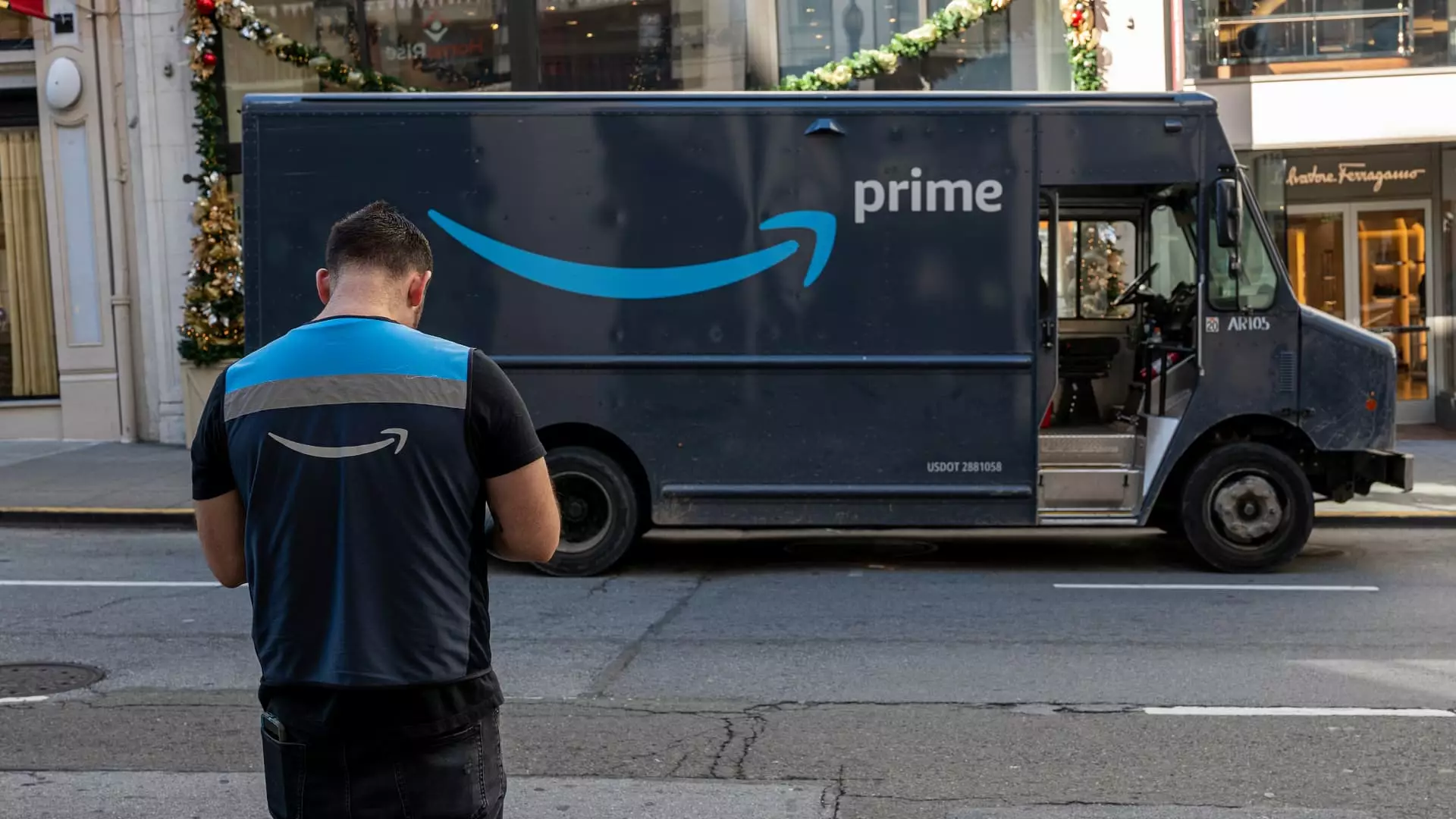The ongoing legal face-off between the Federal Trade Commission (FTC) and tech giant Amazon epitomizes the growing tensions between government regulation and corporate influence. At the heart of this struggle lies the FTC’s accusation that Amazon has effectively trapped consumers in its Prime subscription model, deceiving them into sign-ups and complicating cancellations. The FTC filed this significant case in June 2023, questioning not just Amazon’s business practices, but also broader issues of consumer rights and corporate transparency.
It’s an arena where morals and ethical practices intersect with capitalism, making it critically important for the FTC to advocate for the consumers’ interests. Former FTC Chair Lina Khan, a notable figure in regulatory discussions, argued that Amazon’s practices are designed to mislead customers, leading to financial losses. The sheer volume of consumers allegedly affected raises questions not only about corporate practices but also about the regulatory body’s ability to maintain consumer protections in an evolving marketplace.
Crisis of Resources within the FTC
Recently, legal complications intensified when the FTC sought to postpone the trial scheduled for September 22, 2023. In a status hearing with U.S. District Judge John Chun, FTC attorney Jonathan Cohen cited severe staffing shortages and budgetary issues as impediments for the agency. Intriguingly, these concerns align with broader national trends in governmental efficiency under the Trump administration’s directives, aiming for reduced spending.
Cohen presented a sobering picture of an agency in crisis, but the skepticism from Amazon’s legal team is worth addressing. Amazon attorney John Hueston challenged the FTC’s claims, arguing that the current workforce of the trial team remains adequately equipped to move forward. This significant back-and-forth highlights a crucial dichotomy: the importance of sufficient resources for regulatory agencies versus the need for timely justice for consumers.
The Role of Corporate Influence
This legal battle also shines a light on corporate clout and the lengths companies are willing to go to protect their interests. Amazon, which has vast financial and lobbying resources, counters the FTC’s accusations with a firm denial, branding the claims as erroneous both factually and legally. This dichotomy begs the question: What happens when significant power dynamics skew the balance between consumer protection and corporate influence?
The implications are substantial, particularly in light of Amazon’s past collaborations with political figures. Jeff Bezos’s connections to the Trump administration deepen the conversation around how regulatory outcomes can be influenced by political allegiances. The dynamics are layered, and often convoluted, as the FTC navigates a regulatory landscape fraught with influence from powerful tech players.
Wider Implications for Regulatory Efforts
As the FTC moves forward with this contentious litigation, the outcomes could have consequences far beyond just Amazon. If allowed to proceed unfettered, companies might exploit regulatory weaknesses, potentially undermining consumer trust in the digital marketplace. Moreover, with a second lawsuit targeting Amazon’s alleged monopoly practices set to be tried in 2026, the stakes are even higher.
The discourse between major corporations and regulatory bodies reflects broader societal values of accountability and ethics. While effective regulation is vital, balancing it against corporate innovation and economic freedom is equally imperative. This case encapsulates more than just a legal technicality; it delves deep into the values of a civilized society — values that prioritize consumer welfare over corporate profit.
As this trial looms closer, it offers a critical examination point, illustrating how modern-day market mechanisms can create pitfalls for consumers when regulatory bodies struggle to maintain balance. The FTC’s actions and Amazon’s defenses set a precedent for how tech giants will interact with government authorities, raising the essential query about the future of consumer rights amidst the landscape of modern commerce. The world is watching yet again as this case unfolds, serving as a reminder that the spirit of accountability is crucial in any thriving democracy.

